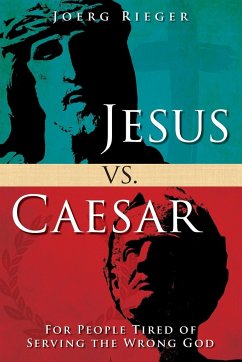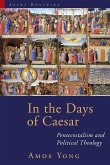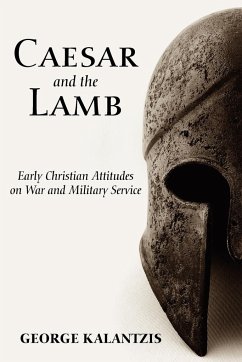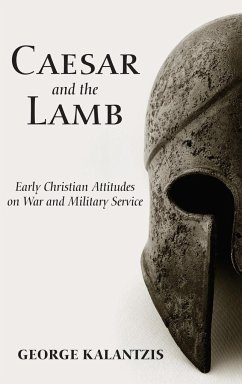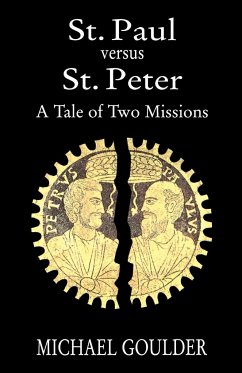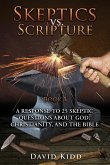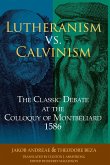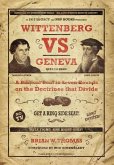When we observe a tension between Jesus and Caesar, we acknowledge that a fundamental tension remains at the heart of Christianity. The tension is not between religion and atheism or secularism. Nor is it between organized religion and personal spirituality or between Christianity and other religions. The tension is located within the heart of Christianity itself because it is a radical conflict between faith that is life-giving for all and faith that is damaging and destructive of people and the earth. This tension between life-giving and malignant forms of religion is also deeply rooted in the Jewish traditions. The Hebrew prophets were gravely concerned about established forms of religion that appear to be respectable but result in oppression. The prophet Isaiah hears the voice of God pronouncing judgment on malignant religion: "You serve your own interest on your fast day, and oppress all your workers" (Isaiah 58:3). Life-giving religion, by contrast, loosens "the bonds of injustice" (Isa 58:6). This book serves as an indictment of the pieties of empire and their push for political, economic, cultural, and religious domination. Some forms of Christian faith (Jesus) versus other forms of Christian faith (Caesar). Whom and what will we trust and serve? Jesus embodies and exposes this tension in ways that transform destructive images of God, engender political and economic resilience, and model solidarity with others who are radically different, including other religions. This tension between life-giving and malignant religion is a critical opportunity for those who seek to follow Jesus instead of "Caesar."

